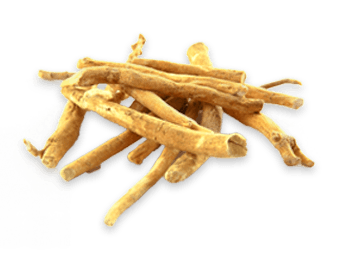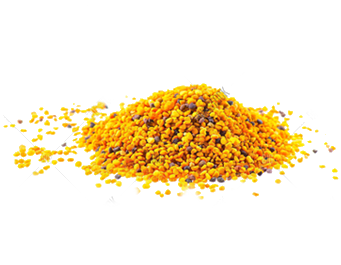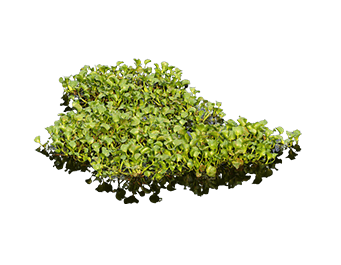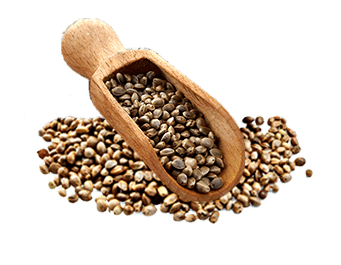
Generally, we don't think about our immune system until we catch a cold or feel unwell. Constantly exposed to bugs whether in the food we eat, the air we breathe, the things we touch, or the people we come into contact with, our bodies are continually trying to adapt and maintain health. A simple flu can have little or no effect on someone with a strong immune system, yet have a compromising effect on someone with a weak immune system.
According to the World Health Organization (WHO), every year flu has an estimated 3-5 million cases of severe illness worldwide, of which 250,000-500,000 cases result in death.
Largely unnoticed, the immune system is constantly at work. One of the most complex systems of the body, it consists of a highly specialized network of cells and organs which work to continually protect the body from illness.
The immune system functions in several ways:
- It can recognize any bacteria, virus, fungi, or parasite and warn the body to bring up its defenses. There are different layers of defenses in the body, of which the skin is the most superficial.
- If any disease-causing germ successfully invades the body, the role of the immune system is to neutralize it using specialized cells and remove it.
- The immune system is capable of recognizing and destroying abnormal cells.
Factors affecting the Immune Response
Each individual has a unique immune response according to genetics, age, environment and effects of microbial factors. Age, ethnic background and family history are examples of non-modifiable risk factors. We are unable to change our age or genetic make up, but we can modify our lifestyle, building a stronger immune system to improve our overall health.
Factors to improve Immune system
The first step to developing a healthy immune system is to adopt a healthy lifestyle:
- Eat nutritious foods, including fruits, vegetables, nuts, whole grains and foods low in saturated fats.
- Exercise regularly to maintain healthy weight, help control blood pressure and blood sugar levels.
- Get adequate rest and sleep to facilitate recovery.
- Kick unhealthy habits to help prevent illness and decrease cancer risk, like smoking and drinking alcohol.
- Take nutritional and dietary supplements that help boost the immune system and compensate for inadequacies in the diet.
NP Nutra® offers a wide range of premium nutraceutical and botanical ingredients which can be added to any functional food and beverage formulation focusing on immune health. The following are known for their immune boosting properties, are high in antioxidants and may act as stimulants to the immune system:
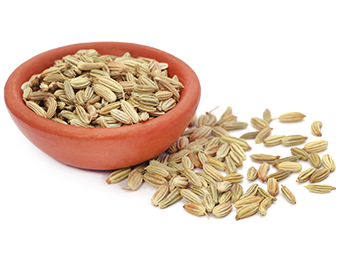
Fennel – Seed Powder (organic)
Sources:
https://www.cdc.gov/nchs/data/nvsr/nvsr65/nvsr65_04.pdf
http://www.who.int/mediacentre/factsheets/fs211/en/
https://www.ncbi.nlm.nih.gov/pubmedhealth/PMH0072548/
http://www.alliedacademies.org/articles/individual-immune-system-responds-differently.pdf
http://www.health.harvard.edu/staying-healthy/how-to-boost-your-immune-system
